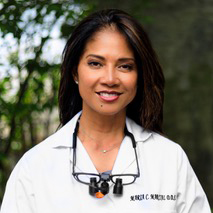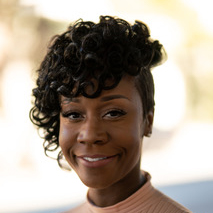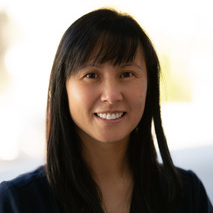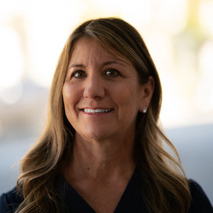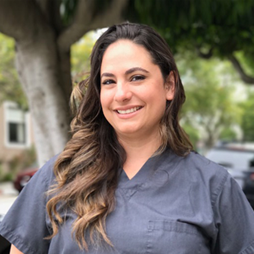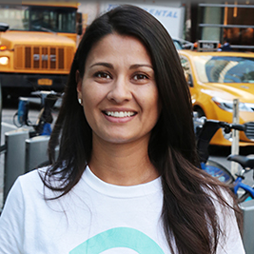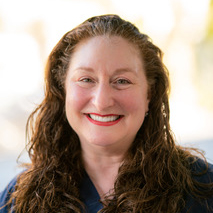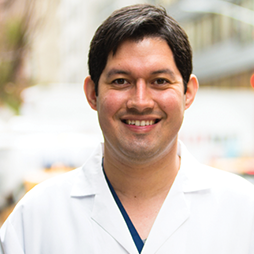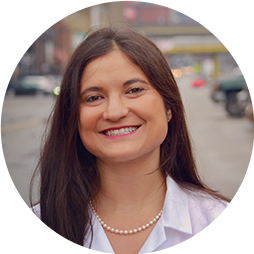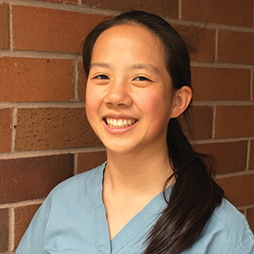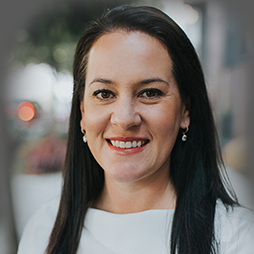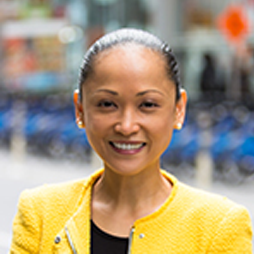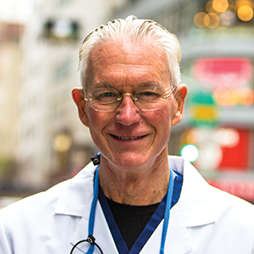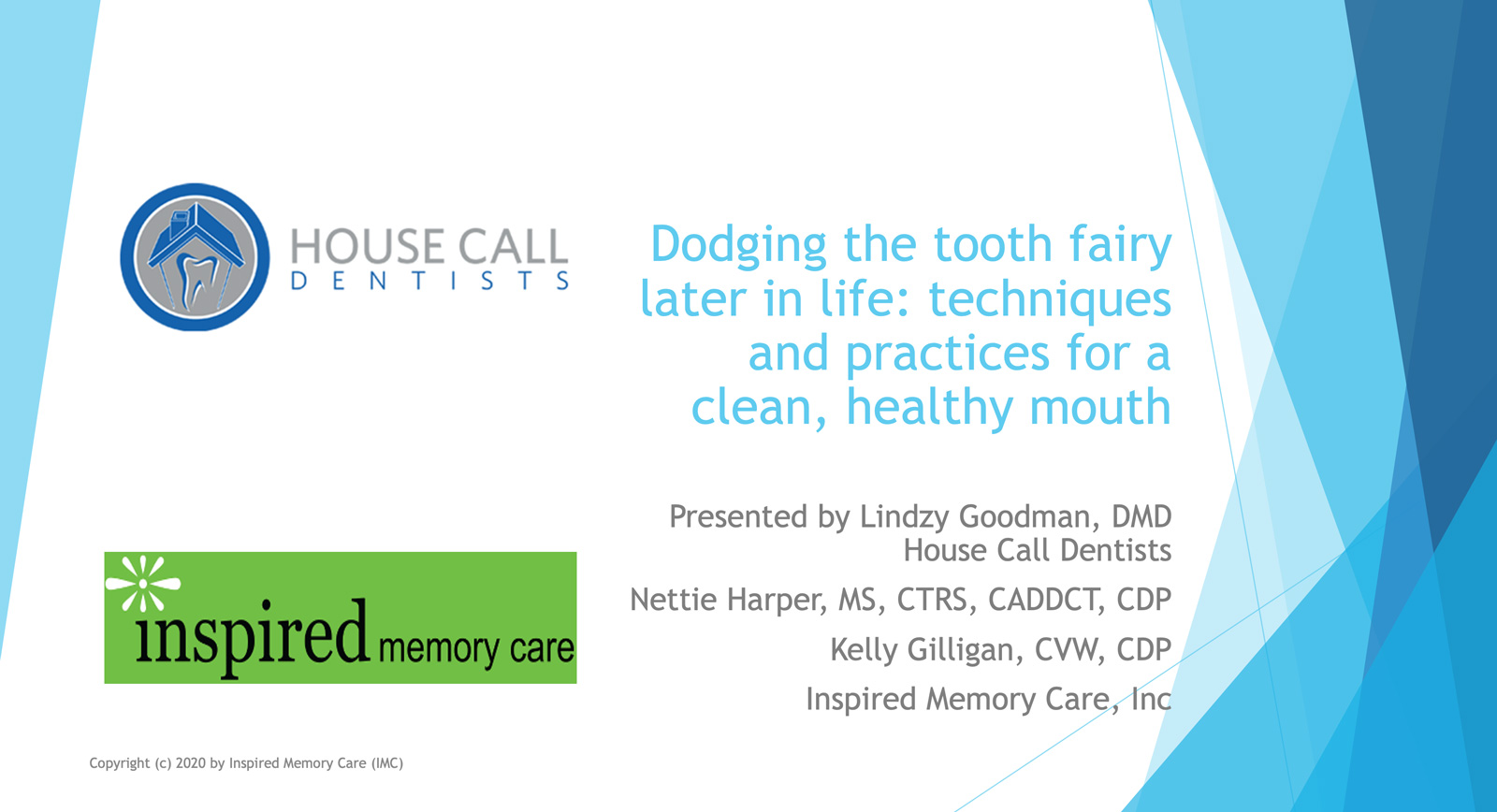
18 Nov Can’t Miss Webinar: House Call Dentists’ Dr. Lindzy Goodman Talks Oral Care Challenges and Solutions for Homebound Patients
While health officials redouble their efforts to contain the spread of COVID-19, with a new surge looming large as the winter months approach, we are all anxiously awaiting a return to normalcy. Health concerns will certainly dominate the nation’s attention during this time, yet we too often dismiss the critical importance of maintaining oral health alongside physical salubrity. Nearly 50% of adults over the age of 30 have periodontal disease, which can elevate the risk of cardiovascular problems, according to research, because the same bacteria flow into the bloodstream and travel to the heart, increasing the likelihood of strokes or heart attacks. We simply can’t ignore that our oral health impacts our overall health in an insidious way. But that all changes dramatically for elderly, homebound, and cognitively impaired people. Over 70% of American seniors have periodontal disease. And those in care facilities face even greater challenges. To better grasp this sensitive and silent situation, join Inspired Memory Care’s Nettie Harper and Kelly Gilligan as they interview Dr. Lindzy Goodman, DDS, of House Call Dentists, about the techniques, tools, and resources for oral care during the progression of Alzheimer’s disease and related dementia.
Caring for the “Invisible Homebound”
A broad host of standard dental services were declared non-essential at the onset of the pandemic, and the mandates to forgo routine visits remain in place throughout the country. Prior to the pandemic, 65% of working adults already put off essential visits to the dentist. The situation becomes more perilous for patients with disabilities and special needs, however, who seldom leave their homes or assisted living facilities. But that doesn’t mean dental professionals are inaccessible, despite these cautionary measures.
Nearly 2 million U.S. adults, age 65 or older, are essentially confined to their homes, while another 5.3 million have functional or physical limitations that make it challenging for them to leave their homes. These people experience profound difficulty accessing office-based dental care. Some are unable to entirely. The burden of managing this population’s dental care often falls on the shoulders of overwhelmed family members or caregivers.
For entire swaths of society, either rendered homebound due to the novel coronavirus or because of special pre-existing needs, the concept of house calls has enjoyed a renaissance. This solution proved optimal in a socially distanced reality. But even with the promise of two potential vaccines—one announced on November 16 by Moderna as 94.5% effective and another developed by Pfizer that was more than 90% effective in clinical trials—the precautions implemented during the pandemic won’t be going away soon. Dr. Anthony Fauci, director of the National Institute of Allergy and Infectious Diseases, cautioned that “when a vaccine arrives, a return to normality will rely on huge numbers of vulnerable Americans taking it in massive numbers, but social distancing could still be required for some time.” Fauci went on to say that Americans should be prepared to continue wearing masks and practicing social distancing well into the later parts of 2021.
So even when the pandemic is contained, we’re still left with the pivotal question of how to treat the permanently homebound. “What’s most important during this time is focus on your home care routine,” explained House Call Dentist’s Dr. Lindzy Goodman on the Inspired Memory Care webinar. “Because we want to prevent these unnecessary dental visits. So the first step is doing your part in the home.”
In Home Care a Vital Part of Our New Normal
Dr. Goodman indicated that 90% of dental visits are preventable. But the lockdowns and anxieties associated with COVID-19 have exacerbated the problem.
“Because of COVID, there are so many people under stress,” Dr. Goodman said. “And we have never seen so many fractured teeth because of grinding and clenching. We’re continuing to see dental emergencies out of stress more than anything during this time. We cannot just close our doors to patients, and we must take extra steps to stay safe.”
For people in assisted living or similar care facilities, though, these challenges are far greater to surpass. Patients with dementia, for examples, don’t necessarily understand that process or have the ability to sit through a traditional visit. House calls immediately eliminate the first barrier to care. More importantly, this approach affords a stronger, safer, and more comfortable relationship between special needs patients, their caregivers, and dentists.
House Call Dentists has designed programs that introduce caregivers to new resources, train them on using tools such as cheek retractors and mouth supports, and providing ongoing guidance on preventative and palliative care options. Caregivers, whether the adult children of elderly patients or personnel employed by a facility, don’t actually have robust training in monitoring and administering oral care for patients with physical or cognitive disabilities. Education therefore remains an instrumental weapon in the fight for better oral health.
To learn much more about treatment options, access to care, and the unique methods inherent in the House Call Dentists—including portable x-ray equipment, mobile treatment setups, and safe, sterile in-home care access—watch the webinar, which is available on demand.
About House Call Dentists
For over 30 years, House Call Dentists (HCD) has been delivering premium dental care to patients with unique challenges, making over 1,000 house calls annually to patients in the comfort and safety of their home or in a hospital setting.
Our unique medical/dental practice was among the first in the country established to care for patients who are unable to be treated in a traditional dental office setting. The team at House Call Dentists is committed to bringing expert, compassionate dental care to all who need it, regardless of age or infirmity. We know that many people have significant difficulty receiving care in a traditional dentist’s office due to physical, cognitive or emotional challenges. House Call Dentists brings such patients vital dental services at their private homes or residence facilities.
About Inspired Memory Care
Inspired Memory Care (IMC) is founded on the belief that older adults both with and without memory impairment should have access to life-enriching, esteem-building experiences, sharing their wisdom and pursuing their passions each day. Meeting the challenges of aging and disease-related memory impairment can sometimes make it difficult to achieve this quality of life. IMC provides training and consulting services to support organizations with bridging the gap gracefully and efficiently.
